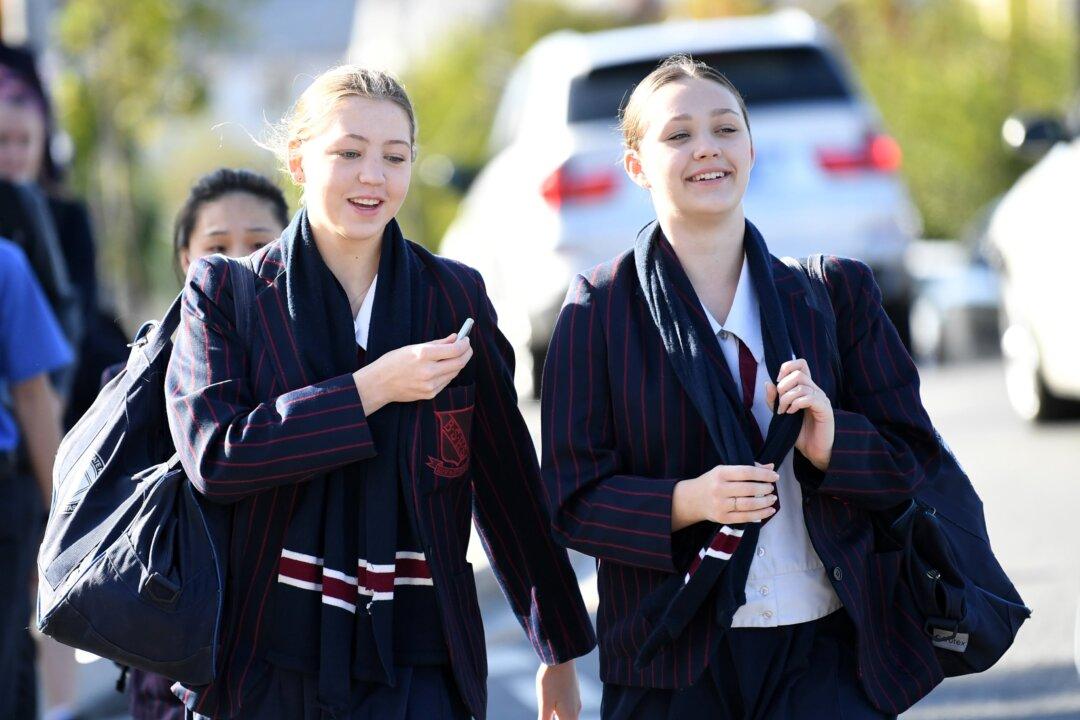Australians aged between 12 to 15 have been approved to receive the Pfizer vaccine from next month, according to the nation’s immunisation advisory body.
Bookings for adolescents in that age group will be open from Sept. 13 onwards after the Australian Technical Advisory Group on Immunisation (ATAGI) approved its use.





